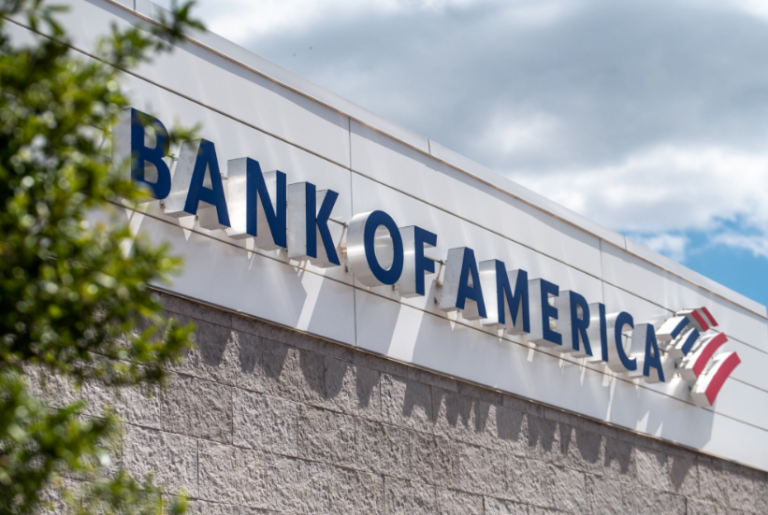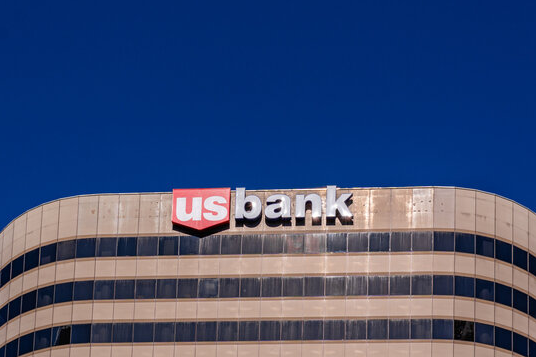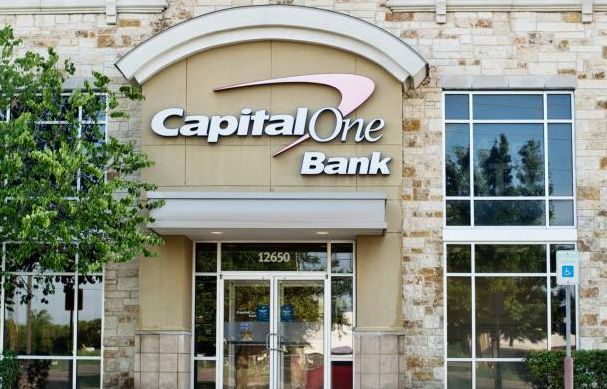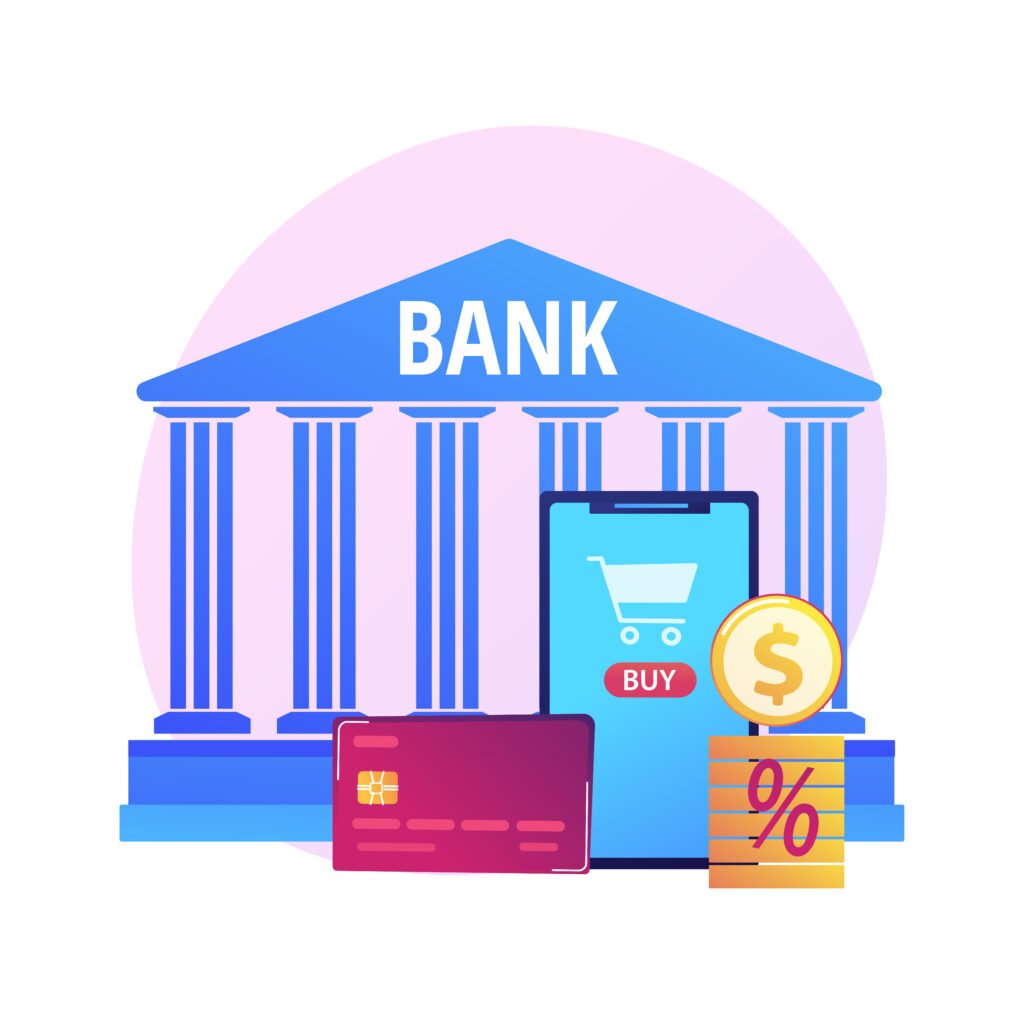Introduction
Finding the best bank for small business is one of the many ways to success. In fact, an ideal bank would be capable of giving you not only the usual list of services but also insight and options in providing financial support, permitting flexible lending, and creating solutions that will make it easier for you to go about running your business. Here’s a step-by-step guide on how to choose the best bank for your small business.
Why Choosing the Right Bank Matters for Small Businesses
Before we get to our top picks for banks, let’s step back for a moment and see why finding the best bank for small businesses is important. A small business needs banks that can understand the particular financial needs of the small enterprise and, in return, offer low fees, business loans customized to match the business, and account options that help manage business expenses and growth.

Key Factors in Choosing the Best Bank for Small Business
Choosing a bank requires careful consideration of factors like fees, loan choices, customer service, online banking tools, and geographical reach in making your decision to find the best bank for small business. Here’s a closer look at each:

- Account Fees: Most banks charge small businesses minimal or no-fee checking accounts. Look for banks that have relatively few fees to keep the cash flow of your business on track.
- Small business financing and lines of credit: The bank must have lending that is fit for small businesses, and that includes lines of credit, term loans, and SBA (Small Business Administration) loans.
- Customer Service: Available responsiveness from a customer service desk is important because you may need help troubleshooting an issue or need clarification on certain loan terms.
- Digital banking tools: Strong mobile and internet banking platforms allow for transaction, transfer platforms allow for transaction, transfer, and bill payment management on the go.
- Local or National Reach: Small businesses can benefit from local banks, but large national banks provide much better, more advanced digital tool support, and so on.
Top 5 Banks for Small Business
Based on small business needs, here’s a list of options for the best bank for small business, highlighting banks with standout features:
1. Chase Bank – Best for Nationwide Access
Chase is good for smaller businesses that need access to a physical branch and also advanced digital banking capabilities. There are over 5,000 branches in the U.S., and the Chase app is very good too, so you have easy access to your money as well as being able to manage it no matter where you are.

- Pros: Wide variety of small business services, excellent mobile app, cash-back rewards on business credit cards.
- Cons: It has the disadvantage that some accounts come with monthly fees unless one maintains the minimum balances.
2. Bank of America – Best for Business Credit Options
Bank of America is ahead in the field of business credit products and rewards programs. There are numerous credit cards that offer fantastic cash-back rewards on use of businesses, in addition to supporting new and small business activities.

- Pros: Broad options in credit with reward opportunities available, free checking for qualified businesses.
- Cons: Fees may be charged if minimum requirements are not met.
3. Wells Fargo – Best for Small Business Loans
Wells Fargo is a good choice for small companies offering loans or lines of credit. Competitive terms are offered, as well as a comprehensive selection of loan options, making it an especially good option for businesses looking to finance expansion or manage cash flow.

- Pros: Nice selection of loan choices, including SBA, and strong customer service.
- Cons: Fewer branches around the country compared to Chase and some restrictions on digital tools.
4. U.S. Bank – Best for Personalized Customer Service
U.S. Bank is perceived for tight customer service and customized support for small businesses. Offering various financial products for small enterprises, U.S. Bank is an accessible option for entrepreneurs who have been looking for a bank that really understands the needs of small business owners.

- Pros: Quality customer service; best possible rates on small business loans.
- Cons: Does not have a strong presence in several states.
5. Capital One – Best for Digital Banking and Free Business Checking
Capital One has one of the best digital banking experiences and no-fee business checking options; this would be suitable for technologically sophisticated entrepreneurs looking to minimize their banking fees and access and manage accounts through the online system.

- Pros: No monthly fees to open/hold business checking; excellent digital banking experience.
- Cons: Fewer locations in the physical world, fewer banking services.
Small Business Checking Accounts: What to Look For
A checking account is actually the backbone of your small business‘ banking. Seek these following things to have in check:
- Low Fees: Low monthly fees could be a huge deal for new businesses, saving you thousands of dollars each year.
- Transaction Threshold: The account must be substantial enough to hold the amount of transactions that your business might make each month.
- Compatibility with Other Accounting Software: One feature with respect to accounting software that the banks offer is compatibility with services such as QuickBooks in order to make bookkeeping easier.
Business Loans and Lines of Credit: Financing Growth
These can be a lifeline towards growth, and such small business loans and credit lines are often obtained from the best bank for small business. Most of the banks mentioned above offer financing for small businesses. Look for banks that provide SBA-backed loans, as these loans often have favorable terms and low interest rates.
Conclusion
The best bank for small business is an investment in your company’s financial future. Consider, for example, just the fees, how easily you will be granted access to loans, the caliber of customer service they offer, and how easily you can access them online, among many other things. Choosing the right bank will streamline the management of your finances and ensure proper support as your business grows.
FAQs
What’s the best bank for startups?
- Banks like Capital One and U.S. Bank are often popular for startups due to low or no account fees and excellent digital tools.
Can I switch banks if I’m unhappy with my current one?
- Yes, switching banks is possible and can be beneficial if your current bank no longer meets your business needs. Look for a bank with better customer service or lower fees.

Owner of Paisewaise
I’m a friendly finance expert who helps people manage money wisely. I explain budgeting, earning, and investing in a clear, easy-to-understand way.


Pingback: Top 10 Fintech Companies - Paisewaise
Pingback: Sugianto Kusuma: Indonesian tycoon eyes theme park, F1 in US$16 billion project - Paisewaise
Pingback: Is Bank of America Online Banking Free? - Paisewaise
Pingback: Can I Use Online Banking Outside of the U.S.? - Paisewaise
Pingback: Top 7 Side Hustles in 2025 Earning $9,000+ - Paisewaise
The article provides some useful insights and helpful advice. Thanks for sharing your expertise with us.
More blogs like this would make the blogosphere richer.
More blogs like this would make the internet more useful.